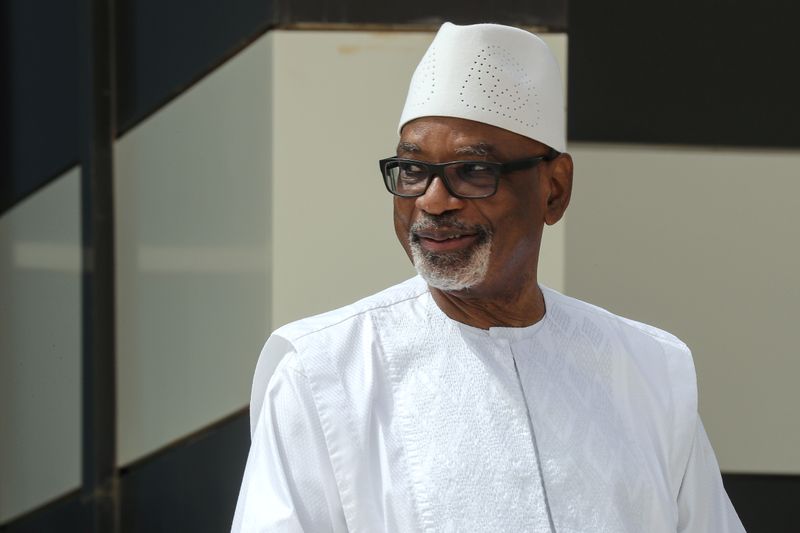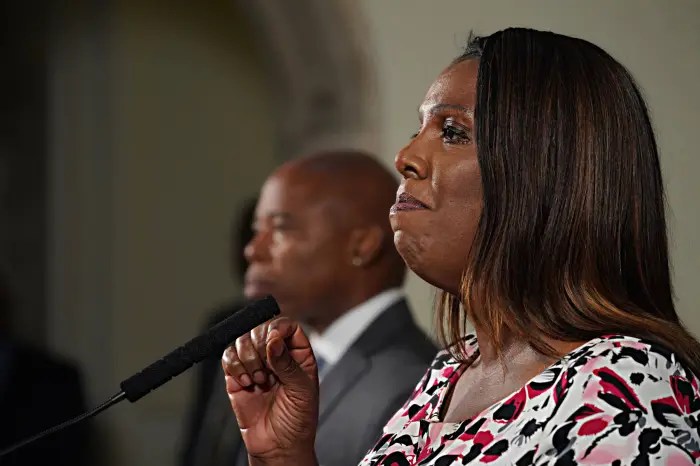BAMAKO (Reuters) – President Ibrahim Boubacar Keita has offered concessions in a move to unblock a stalemate with opposition leaders that has mired the country in turmoil since a disputed legislative election in March.
The impasse is a growing concern for Mali’s neighbours and outside powers that have sent in thousands of troops to help it fight militants linked to al Qaeda and the Islamic State – a security crisis compounding the country’s economic woes.
Keita said late on Wednesday he was open to the dissolution of the national assembly, one of the opposition’s key demands. He suggested fresh elections could follow if planned new appointees to the constitutional court cleared it.
“If peace in Mali depends on it, and that I have the constitutional means to do it without the risk of creating a constitutional vacuum damaging for the whole country, I will do it without hesitation,” Keita said in a midnight speech.
He reiterated that he was open to forming a government of national unity, and appointing new judges to Mali’s highest court, another central opposition demand.
Keita said mediators from the regional West African body ECOWAS were expected to return to Mali in the coming days to help find a solution to the crisis.
There was no immediate response from the opposition, which earlier called for another protest in the capital Bamako on Friday, saying proposals put forward so far by the government were insufficient.
Thousands of opposition supporters took to the streets twice in June demanding that Keita, who was re-elected in 2018 for a second five-year term, resign for failing to offer solutions to Mali’s security and economic crisis.
Mali has struggled to find stability since a 2012 military coup that was followed an uprising by Tuaregs in the north later
hijacked by Islamist militants.
(Reporting by Tiemoko Diallo; Writing by Bate Felix; Editing by Mark Heinrich)























